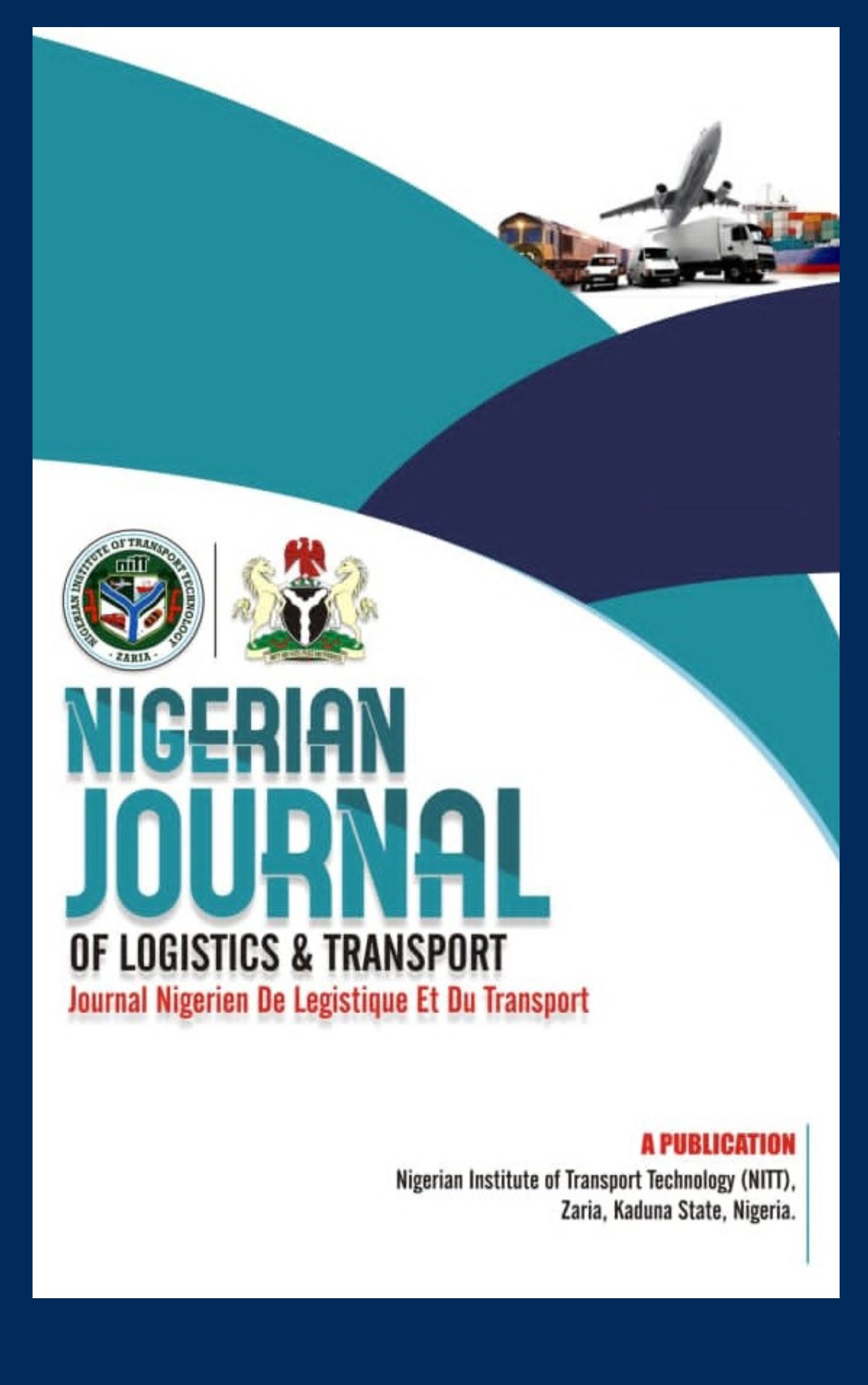Abstract
This research investigated the confluence between the utilization of the maritime education training (MET) program by the International Federation of Freight Forwarders Associations (FIATA) for freight forwarders and the achievement of improved operational performance among freight forwarders in Lagos port. The study equally filled a gap on how socioeconomic situations (SES) of freight forwarders predicted their attitudinal dispositions toward the training program. Theories of Knowledge Management and Experiential Learning are used in the derivation of the study’s hypotheses. 181 freight forwarders who were randomly sampled participated in the study. The result showed that the respondents do not believe that going through the FIATA-organized training significantly improved their operational performance. On the other hand, SES variables of age, work experience, and literacy significantly predicted freight forwarders' attitudinal dispositions to the training program. Suggestions that border on the alignment of the existing curriculum of the program to reflect local challenges associated with the profession are made. In a similar vein, the introduction of MET into secondary schools and university curricula to attract young minds into the profession is suggested.



 National Library of Nigeria
National Library of Nigeria.jpg) Association of Nigerian Authors
Association of Nigerian Authors Nigerian Library Association
Nigerian Library Association EagleScan
EagleScan Crossref
Crossref